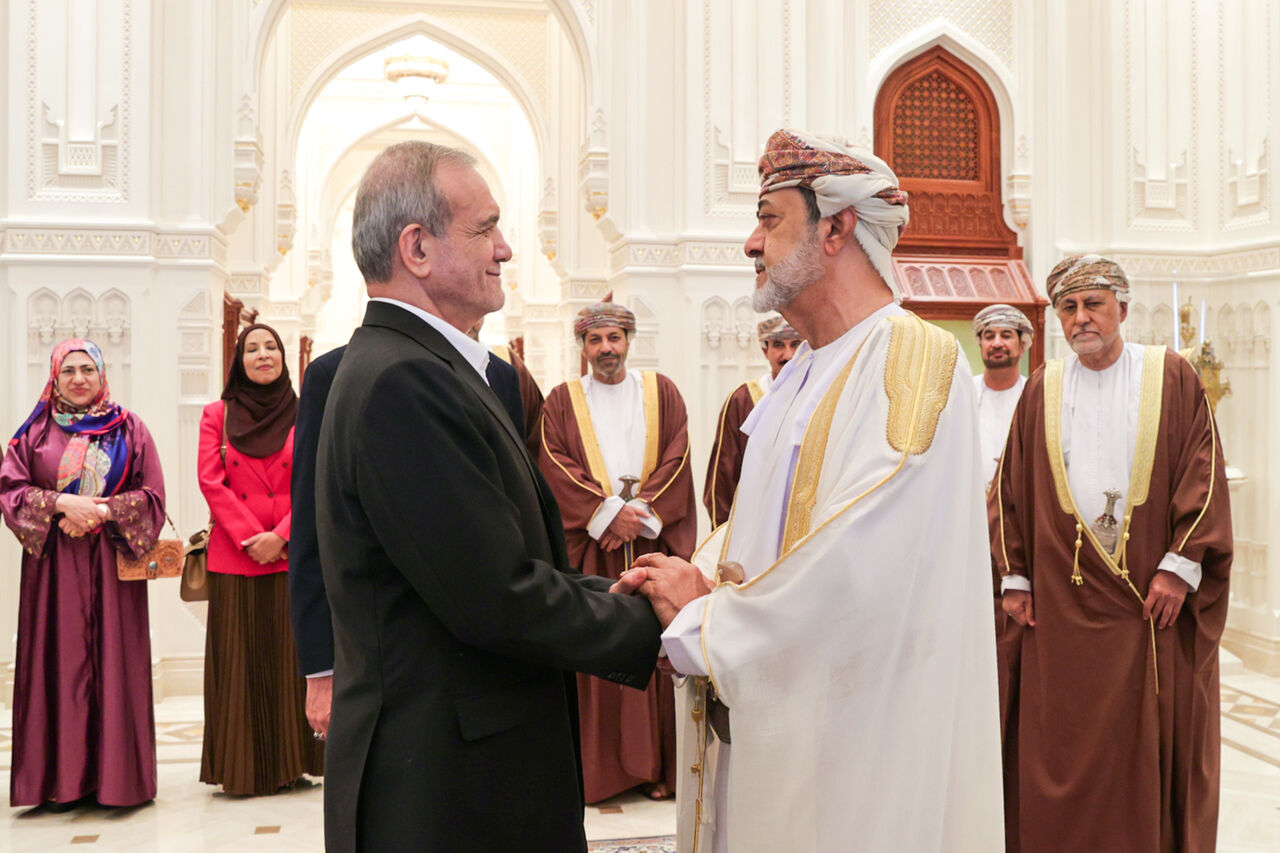
Similar Posts
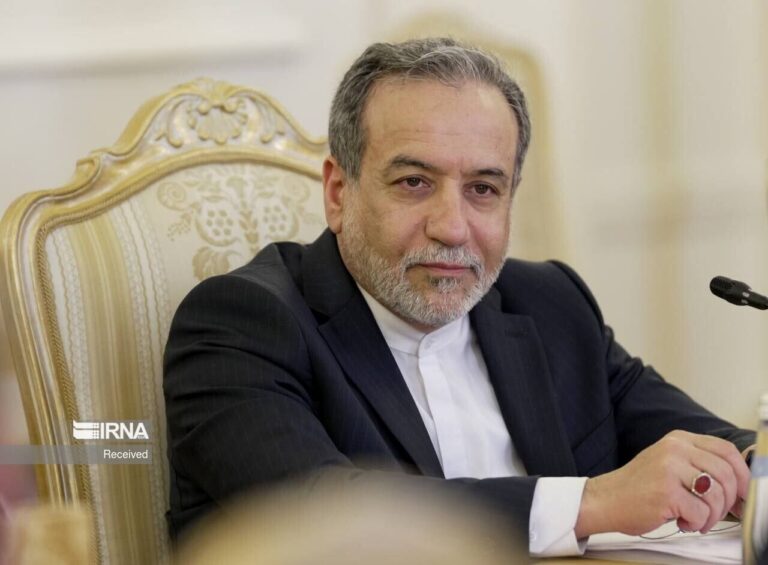
Araqchi Delivers President Pezeshkian’s Key Message to Chinese Leaders
Tehran Foreign Minister Abbas Araqchi visited Beijing to deliver a message from President Masoud Pezeshkian, aiming to strengthen diplomatic relations and discuss the ongoing indirect negotiations with the U.S. Araqchi highlighted the importance of consultations with China and Russia, citing their support during challenging times. He emphasized China’s support for Iran’s civilian nuclear program and noted ongoing discussions following his recent trip to Russia. Araqchi’s visit includes meetings with Chinese officials to enhance ties, reflecting a longstanding relationship. Foreign Ministry spokesperson Esmaeil Baqaei affirmed the commitment to expanding cooperation between Iran and China across various mutual interests.
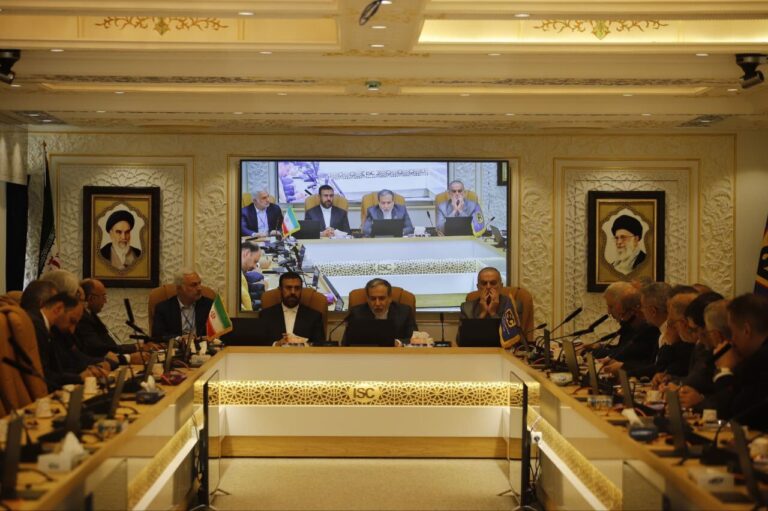
Araqchi Highlights Foreign Ministry’s Crucial Role in Boosting Foreign Trade
Iranian Foreign Minister Abbas Araqchi emphasized the importance of improving Iran’s foreign economic relations during a conference on provincial economic diplomacy in Shiraz. The event gathered Iranian ambassadors from Gulf countries, provincial officials, and deputy foreign ministers to discuss strategies for strengthening ties with neighboring nations. Ambassadors presented updates on regional developments and bilateral relations. Araqchi urged enhanced communication with provincial officials, engagement with chambers of commerce, and collaboration with free trade zones in southern provinces. He stressed the need to overcome existing challenges to bolster Iran’s diplomatic and economic connections with Persian Gulf countries, highlighting the Foreign Ministry’s pivotal role.
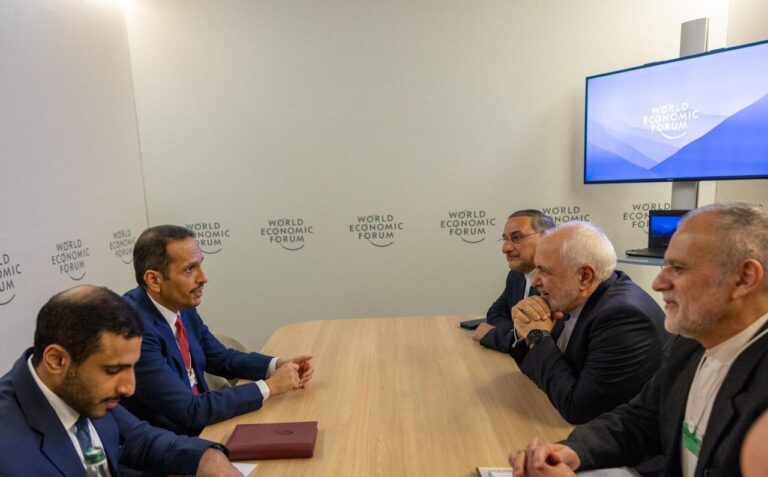
Iran’s Zarif and Qatar’s FM Unite to Address Key Regional Issues, Including the Gaza Crisis
Iran’s Vice-President for Strategic Affairs, Mohammad Javad Zarif, met with Qatar’s Prime Minister, Sheikh Mohammed bin Abdulrahman bin Jassim Al-Thani, at the World Economic Forum 2025 in Davos. Their discussions focused on critical developments in West Asia, particularly regarding Gaza and Syria, and enhancing bilateral relations. Zarif acknowledged Qatar’s role in facilitating a ceasefire in Gaza and the prisoner exchange between Israel and Palestine. His visit included talks with various world leaders, highlighting Iran’s commitment to addressing regional challenges and strengthening international relations.
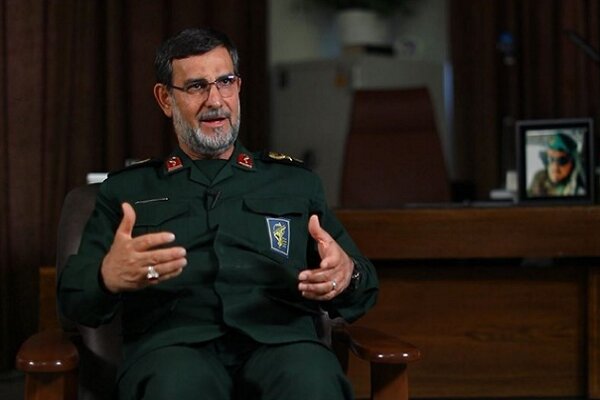
IRGC Navy Commander Reveals Cutting-Edge Features of the Shahid Bagheri Aircraft Carrier
The Islamic Revolutionary Guard Corps (IRGC) Navy has introduced the Shahid Bagheri Drone Carrier Warship, significantly enhancing Iran’s defense capabilities in distant waters. Commander Rear Admiral Alireza Tangsiri emphasized its importance during a press conference, marking the milestone on the anniversary of the Islamic Revolution. The warship can operate multiple squadrons of drones, conduct reconnaissance and combat missions, and support various vessels and helicopters. With a range of 22,000 nautical miles and advanced technology, including air defense systems and medical facilities for crew members, the Shahid Bagheri strengthens Iran’s military operations and commitment to national security.
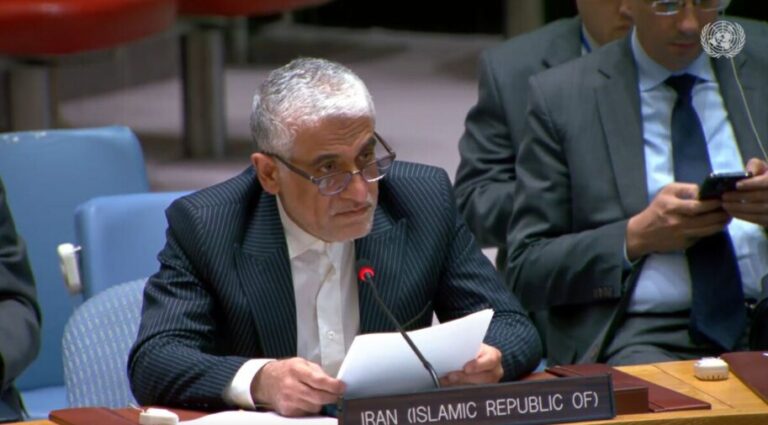
UN Unveils Comprehensive Encyclopedia Documenting Iranian Victims of Terrorism
On January 27, Amir Saeed Iravani, representing Iran, sent a letter to UN Secretary General Antonio Guterres and Security Council President Amar Bendjama, detailing Iran’s history as a victim of terrorism since the 1979 Revolution. He presented an “Encyclopedia of 23,323 Iranian Victims of Terrorism,” highlighting Iran’s sacrifices and the systematic aggression it has faced, including attacks by foreign-backed groups and targeted assassinations. Iravani condemned terrorism and urged the international community to acknowledge Iran’s suffering. He called for collective action against terrorism and requested the circulation of his letter within the UN framework to promote global peace and stability.
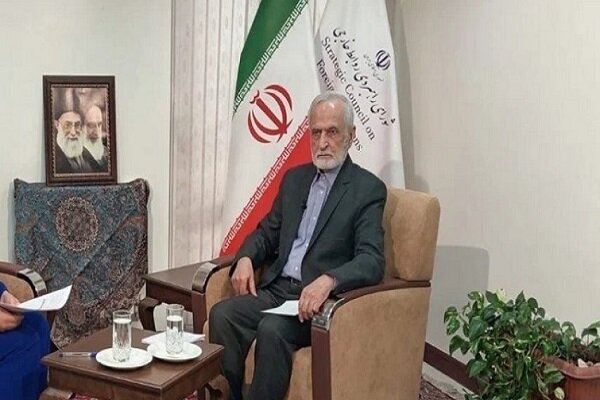
Iran Signals Willingness for Indirect Talks While Dismissing US Strategy
Recent discussions on U.S.-Iran relations have highlighted psychological warfare, with former Iranian Foreign Minister Kamal Kharazi criticizing the U.S. for creating confusion through mixed messages. He argues this approach fosters a misleading policy of ‘either war or negotiation.’ Kharazi remains skeptical of American intentions, viewing recent overtures as coercive rather than sincere attempts to improve relations, particularly following Trump’s withdrawal from the 2015 nuclear deal. He emphasizes that Iranians will not yield to intimidation but may consider indirect negotiations. Ayatollah Khamenei has ruled out direct talks under pressure, underscoring the need for trust and honest dialogue in future interactions.